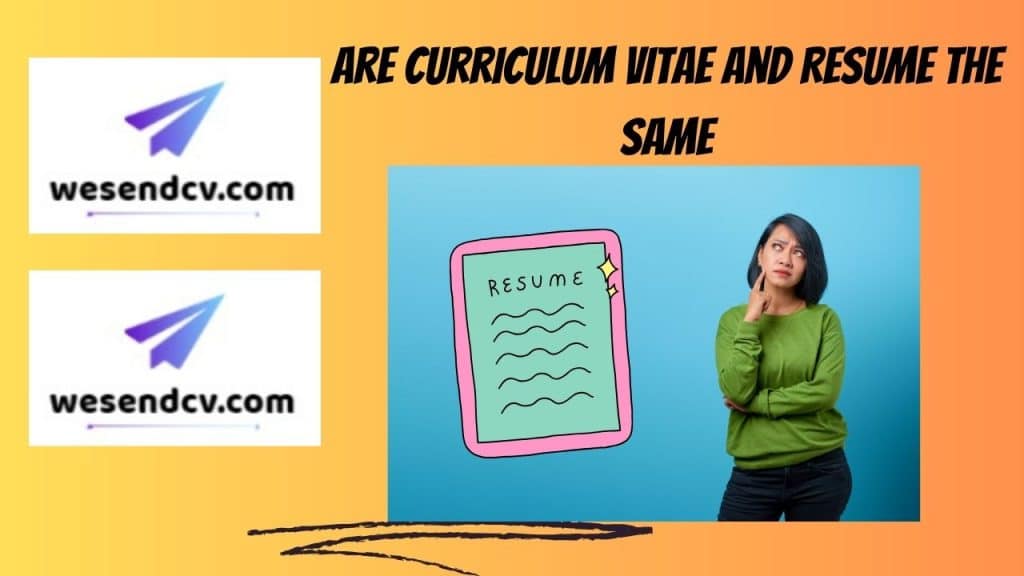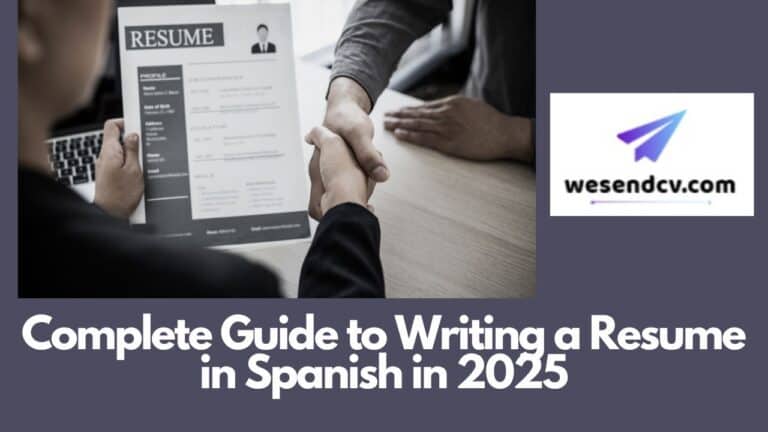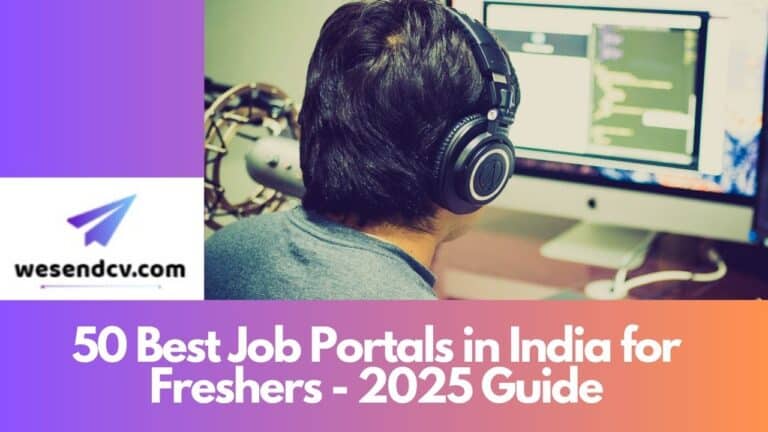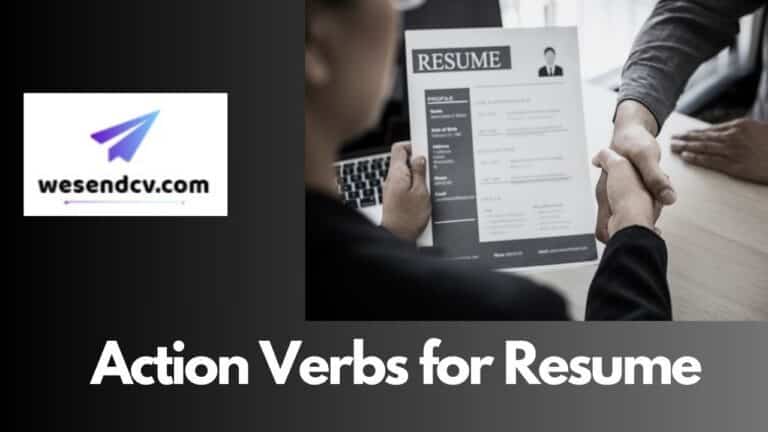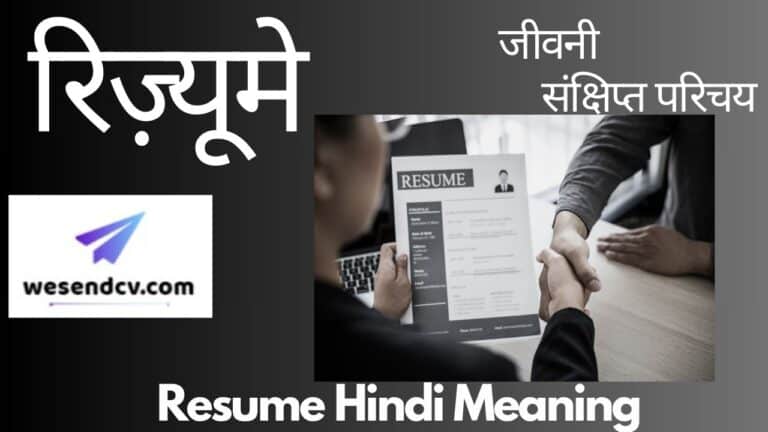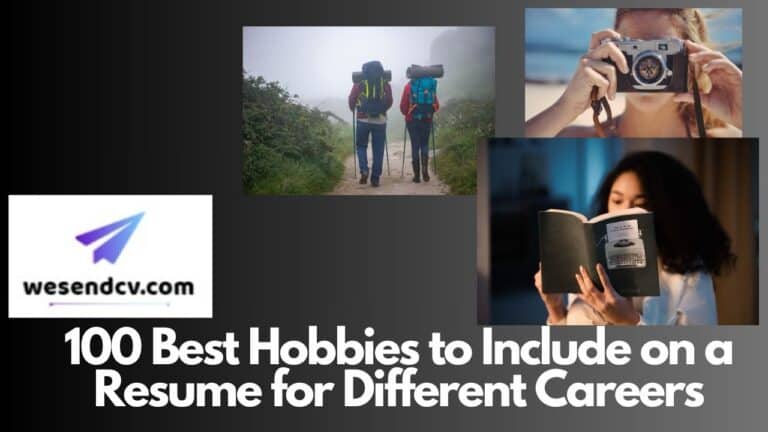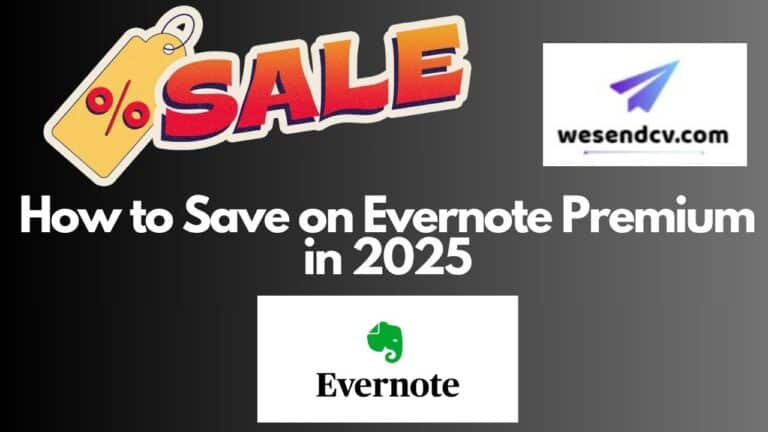Are Curriculum Vitae and Resume the Same?
When it comes to job hunting, two terms are often used interchangeably: Curriculum Vitae (CV) and Resume. While both documents serve the same purpose – to showcase your skills, experience, and achievements to potential employers – there are significant differences between the two. In this article, we’ll explore the differences between CV and Resume, and provide tips on how to create an effective CV or Resume.
What is a Curriculum Vitae (CV)?
A CV is a comprehensive document that provides a detailed account of your entire academic and professional background. It is typically used in academia, research, and scientific fields, where a detailed record of publications, research experience, and academic achievements is essential. A CV usually includes:
- A summary or objective statement
- Education and academic background
- Research experience and publications
- Work experience and achievements
- Skills and certifications
- Awards and honors
- Professional memberships and affiliations
What is a Resume?
A Resume is a concise document that highlights your most relevant skills, experience, and achievements. It is typically used in business, industry, and the private sector, where a brief and to-the-point summary of your qualifications is essential. A Resume usually includes:
- A summary or objective statement
- Work experience and achievements
- Education and certifications
- Skills and qualifications
- Achievements and awards
- Professional memberships and affiliations
Key Differences
Here are the key differences between a CV and a Resume:
- Length: A CV is typically longer than a Resume, often 2-3 pages or more, while a Resume is usually 1-2 pages.
- Content: A CV provides a detailed account of your entire academic and professional background, while a Resume focuses on your most relevant skills and experience.
- Purpose: A CV is used to apply for academic or research positions, while a Resume is used to apply for business or industry positions.
Tips for Creating an Effective CV or Resume
Here are some tips for creating an effective CV or Resume:
- Tailor your document to the specific job you’re applying for
- Use a clear and concise format
- Highlight your most relevant skills and experience
- Use action verbs and keywords from the job description
- Proofread carefully to ensure accuracy and grammar
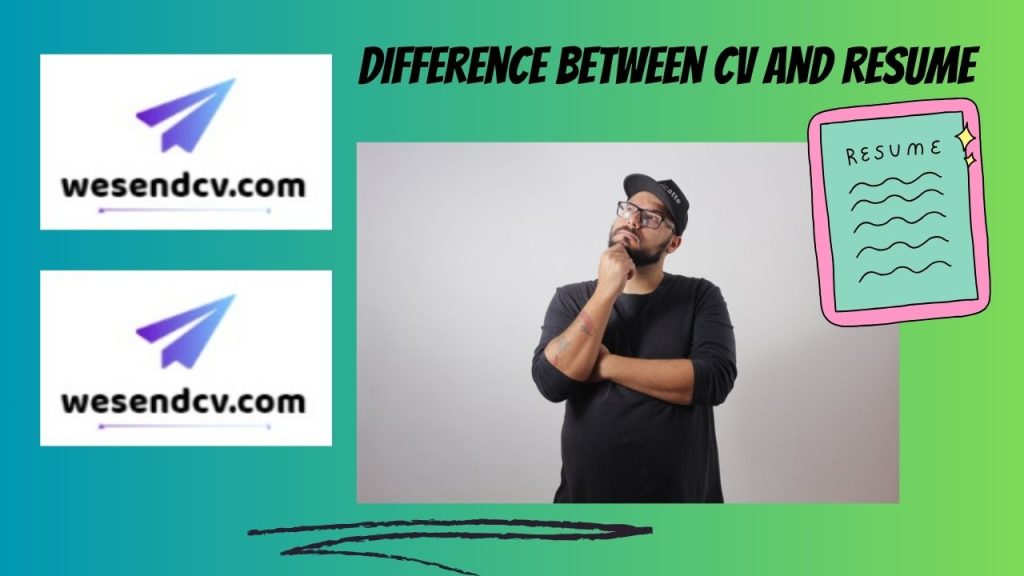
Here’s an easy-to-read FAQ about whether Curriculum Vitae (CV) and Resume are the same. I’ve made it friendly and helpful for anyone trying to understand the differences.
FAQ: Are Curriculum Vitae And Resume The Same?
Q1: What is a Curriculum Vitae (CV)?
A: A CV is a comprehensive document that details your academic and professional history.It typically includes:
- Education
- Work Experience
- Publications
- Awards
- Certifications
- Professional Affiliations
Q2: What is a Resume?
A: A resume is a concise summary of your skills, experience, and achievements. It’s generally shorter than a CV and includes:
- Contact Information
- Objective or Summary Statement
- Work Experience
- Education
- Skills
Q3: How long is a CV compared to a Resume?
A: A CV can be multiple pages long, as it covers your entire academic and professional journey. In contrast, a resume is usually one page, or two at most, to keep it succinct and relevant.
Q4: When should I use a CV instead of a Resume?
A: You should use a CV when applying for jobs in academia, research, or certain international positions. Resumes are more common for general job applications in many industries.
Q5: Are the formats different?
A: Yes!
- CV Format: More formal and detailed, often organized in sections.
- Resume Format: Flexible and tailored based on the job description, focusing on relevance.
Q6: Can I apply the same information to both?
A: While some information overlaps, it’s best to customize each document according to its purpose and audience. Highlight what’s most relevant to the specific position you’re applying for.
Q7: Do both require a cover letter?
A: A cover letter is commonly included with both, but this may vary depending on the job or institution. Including one that briefly outlines your interests and qualifications is always a good idea.
Q8: Can I have both a CV and a Resume?
A: Absolutely! Having both at your disposal can benefit different job applications and career paths.
Conclusion
In conclusion, while both a CV and a Resume are used to showcase your skills and experience, there are significant differences between the two. A CV is a comprehensive document that provides a detailed account of your entire academic and professional background, while a Resume is a concise document that highlights your most relevant skills and experience. By understanding the differences between the two, you can create an effective CV or Resume that helps you stand out in the job market.
About the Author
Linda Kaurji – As a career coach with over a decade of experience in the industry, I’ve helped countless job seekers navigate the complex world of job applications. With a background in human resources and a passion for helping others achieve their career goals, I’m committed to providing expert advice and guidance to job seekers of all levels.
